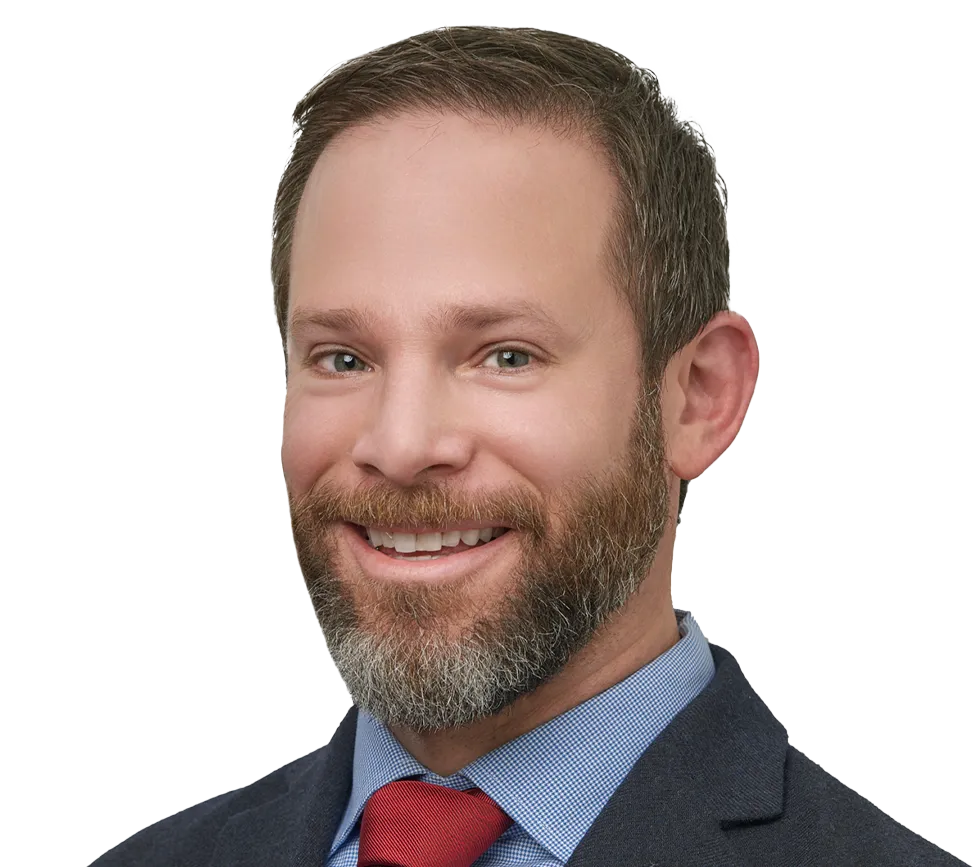

- Ph.D., Physics, University of California, Los Angeles (UCLA), 2007
- M.S., Physics, University of California, Los Angeles (UCLA), 2001
- B.S., Physics, University of California, Santa Barbara, 2000
- Certified Fire and Explosion Investigator (CFEI)
- W. M. Keck Postdoctoral Fellowship, 2007, 2008, 2009
- American Physical Society (APS) – member
- American Chemical Society (ACS) – member
- Institute of Electrical and Electronics Engineers (IEEE) – Senior member
- National Association of Fire Investigators (NAFI) – member
Dr. Scott is a physicist with over 20 years of experience in scientific research on topics including complex electronic, magnetic, and optical interactions, control systems, and quantum mechanical phenomena. He applies his expertise to the investigation of a wide range of technologies including consumer electronics, software controls, computer hardware, and industrial power distribution.
At Exponent, Dr. Scott provides scientific consultation for clients on matters ranging from litigation support and failure analysis, to product development and technical analysis of designs or proposals in relation to suitable industry standards.
Dr. Scott provides scientific and technical support to litigation involving intellectual property disputes, international arbitration, class-action lawsuits, and trade secret disputes. He has supported these matters by performing analyses of computer hardware components including computer processors and memory, mobile devices, integrated circuits (ICs) and semiconductor components, light emitting diodes (LEDs), solar cells, smart home devices, industrial control systems, optical sensing components, network security systems, LiDAR, and medical devices. He has also supported these matters by performing source code analysis and reviewing control software embedded in hardware devices.
Dr. Scott also provides an array of professional technical services to aid in product development and engineering applications including advising clients on matters of product reliability and performing root-cause failure analysis of multi-component systems. For instance, he has conducted investigations relating to Bluetooth communication, infrared thermometry, semiconductor chip manufacturing facilities, industrial power generation facilities, and thermal management of lighting systems and hand held mobile devices (i.e., analysis of heat generation and dissipation). His services also include both quantitative modeling and onsite measurements of electromagnetic fields for power transmission and offshore wind farms, the results of which have been used for EMF exposure assessments.
Dr. Scott additionally has extensive experience performing cause-and-origin assessments of fires, including those that may be related to arc-flash hazards, electrical wiring, and lithium ion batteries. He is also experienced investigating the technical aspects of claims relating to floods, explosions, and natural disasters.
Prior to joining Exponent, Dr. Scott worked as a research scientist at Nokia Bell Laboratories where, as the principal investigator for a low temperature experimental research effort, he engineered a sophisticated control system incorporating an extensive array of instrumentation designed to probe highly correlated electron states leading to collective effects (e.g., phase transitions) in magnetic nanostructures. He additionally advised management on quantum computing methodologies and quantum information processing applications aligned with their business strategies.
Dr. Scott worked as a postdoctoral research scientist at Rice University after receiving his Ph.D. in physics at UCLA where he studied charge transport in metallic nanogap devices, single molecule transistors, and electrostatically defined semiconductor quantum dots. He has broad practical experience with a large range of semiconductor and nanofabrication processing techniques including lithographic processes and thin film deposition/etching. Dr. Scott has considerable experience with cryogenic systems, and related vacuum equipment, in addition to a variety of material characterization techniques including SEM, AFM, and STM. He is also highly skilled with data acquisition via data flow programming (e.g., LabVIEW) and quantitative data analysis techniques, and he has worked extensively with finite-element based modeling for micromagnetic simulations.
![SOFTWARE & COMPUTER ENGINEERING [EECS]](/sites/default/files/styles/filter_content/public/media/images/GettyImages-1341115371.jpg.webp?itok=hIlekpSo)